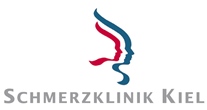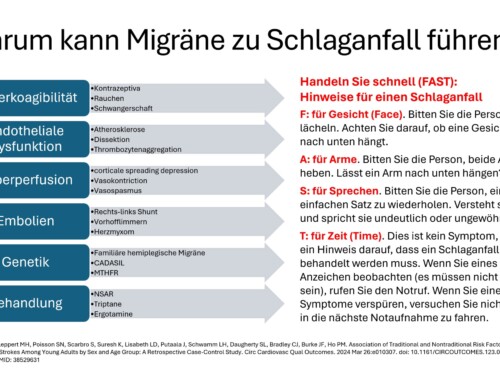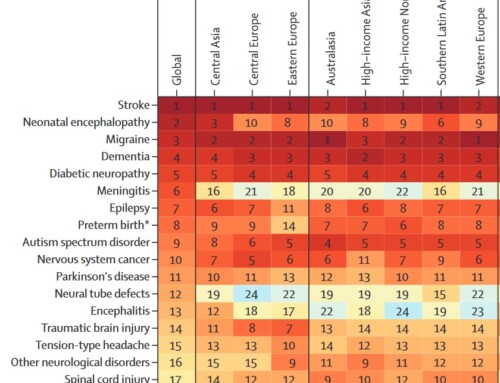KIEL. In order to further contain the chain of infection of the coronavirus, the state government decided today (March 13th) that school children and daycare children should stay at home from Monday . From next Monday the following applies:
Teaching at schools from grades 7 to 13 will be suspended from Monday, March 16th until the end of the Easter holidays (April 19th). Pupils will not have lessons at schools. All final exams, especially the Abitur exams, will be postponed to the planned alternative dates (re-examinations) after the Easter holidays. The state government strives to ensure that all students can complete their exams and achieve their qualifications in the current school year in order to enable them to continue their educational career.
Teaching at schools from grades 1 – 6 will resume from Monday, March 16th. suspended until the end of the Easter holidays (April 19th). For children in grades 1-6, there will initially be until Wednesday March 18th. Care in schools continues to be possible if the following conditions apply: Both parents or a single parent work in an area that is necessary to maintain the important infrastructure and these parents cannot organize alternative care for their children. The work areas include, for example, the infrastructure of the health sector (including clinics, care, medical device companies), supply (energy, water, food, medicine), justice, police, fire brigade, educators, teachers. The state will, in coordination with the schools, until Wednesday March 18th. Check the further procedure and any remaining needs.
Childcare at daycare centers will be available from Monday, March 16th. suspended until the end of the Easter school holidays (April 19th). For these children there will initially be until Friday March 20th. Care in the care facilities continues to be possible if the following conditions apply: Both parents or a single parent work in an area that is necessary to maintain the important infrastructure and these parents cannot organize alternative care for their children. The work areas include, for example, the infrastructure of the health sector (including clinics, care, medical device companies), supply (energy, water, food, medicine), justice, police, fire brigade, educators, teachers. The state will be in coordination with the schools until Friday, March 20th. Check the further procedure and any remaining needs.
support centers will continue to offer necessary care if required.
Schools and daycare centers are currently being informed about the procedure.
The state cabinet will decide in the afternoon on a comprehensive package of measures to contain the coronavirus. The state government will then provide information about this.
As part of the package of measures, teaching at universities and operations at state museums and operas will be suspended - implementation is currently taking place following orders from the ministry in coordination with those involved.
Students should not come to universities. Those involved will inform the universities about details. This will also be reported on at the cabinet press conference in the afternoon. Further information/dispensation here: www.schleswig-holstein.de/coronavirus
Also as part of the package of measures, Minister Garg asked the general hospitals in Schleswig-Holstein to suspend planned admissions or reduce them with immediate effect in order to maintain admission capacity for COVID-19 patients. The federal government is quickly taking legal measures to ensure that the resulting economic consequences for hospitals are offset by statutory health insurance and that bonuses are provided for additional capacities.
The ministry also ordered that, in order to protect patients and employees, clinics implement visits
Citizens' telephone of the Federal Ministry of Health 030 / 346 465 100.
Additionally, at the state level, is a citizens' telephone number on 0431 / 79 70 00 01 (weekdays from 8:00 a.m. to 6:00 p.m.). Information for the professional public incl.
Technical information at the RKI: www.rki.de/ncov
Information for citizens: https://www. Präzisionsschutz.de/
and https://www.schleswig-holstein.de/coronavirus
Course and examination operations
The Christian Albrechts University of Kiel (CAU) is canceling all face-to-face courses until April 19th . In addition, exams will be postponed until further notice. Excluded from the regulation are examinations without attendance and individual examinations. The basis for the restriction of university operations is a decree from the Ministry of Health to contain the dynamic development of COVID-19 infections.
For the upcoming examination period, only examinations without attendance (e.g. term papers, theses, etc.) and individual examinations (e.g. oral examinations) will take place. All other exams are postponed until further notice. At this point in time, no statement can be made as to when regular teaching can resume or when canceled exams can be rescheduled. We will endeavor to minimize the resulting disadvantages. Examinations that cannot take place as planned may be replaced by alternative, equivalent forms of examination. You will be informed about this by the responsible authorities.
For suitable course formats, digital teaching/learning formats, accompanied self-study, etc. will be used wherever possible in order to compensate for the loss of face-to-face operations as far as possible. You will be informed about this in due course.
Travelers returning from risk areas
In the state of Schleswig Holstein, a regulation for dealing with travelers returning from risk areas and areas particularly affected by the spread of the coronavirus (COVID-19) . The regulation stipulates that contact-reducing measures are taken for people who have returned from existing risk areas in the last 14 days. not being allowed to enter certain public facilities, which include universities, for a period of 14 days after their return . The CAU campus is also affected by this. If you belong to this group of people or if people around you are sick, we ask you to comply with this ban in the interest and for the protection of all members of the university!
The list of risk areas is regularly updated on the Robert Koch Institute's website: https://www.rki.de/DE/Content/InfAZ/N/Neuhaftes_Coronavirus/risk
If you have already attended events at the CAU within the 14-day period since your return from a region that has been declared a risk area, possibly recently, please inform your lecturer immediately Other participants from the event attended can be informed that they had contact with a returning traveler and can take this information into account if symptoms occur. If you cannot reach your lecturer, please contact corona@uni-kiel.de .
Note: The number 116117 is a medical emergency number for people who have symptoms of (corona) disease. If you come from a risk area and notice symptoms similar to a cold, please call this number.
We will continue to keep you up to date on current measures at the CAU, including with regard to examinations/teaching operations. Please check the CAU website regularly for information: https://www.uni-kiel.de/de/coronavirus . The FAQ section is continually updated there. If you cannot find an answer here, please send your question to the central email address: corona@uni-kiel.de
Background:
Based on the experience of the influenza pandemic, the following goals for phases of measures are set in the National Pandemic Plan. In practice, these merge into one another, so there is no single point in time when all measures are switched from phase 1 to 2 at the same time. The regional distribution plays just as much a role as the utilization of the supply systems.
- Early detection and containment/influence of the spread dynamics (“detection & containment”) – measures include, for example, identifying contact persons of those who tested positive, ordering quarantine or isolation. This may also include the cancellation of events. Local health authorities can also make decisions on this if they think it makes sense, for example depending on the group of participants, for example whether they come from risk areas.
- Protection of particularly vulnerable groups (“protection”) – in the next phase, if the infection continues, the focus will be on the special protection of people with a higher risk of serious illnesses, such as older people or people with previous illnesses. For example, through precautionary contact-reducing measures and special information on hygiene measures. This also includes the ban on entry or restrictions to clinics and retirement homes.
- Reduction of consequences (“mitigation”) – this is particularly about the treatment of sick people and sensible utilization of the care system. With an increasing number of sick people, the occurrence of more severe courses of the disease can also be expected. The medical care structures are preparing for this by, for example, B. Set up to postpone planned hospital treatments if necessary.









Leave a comment